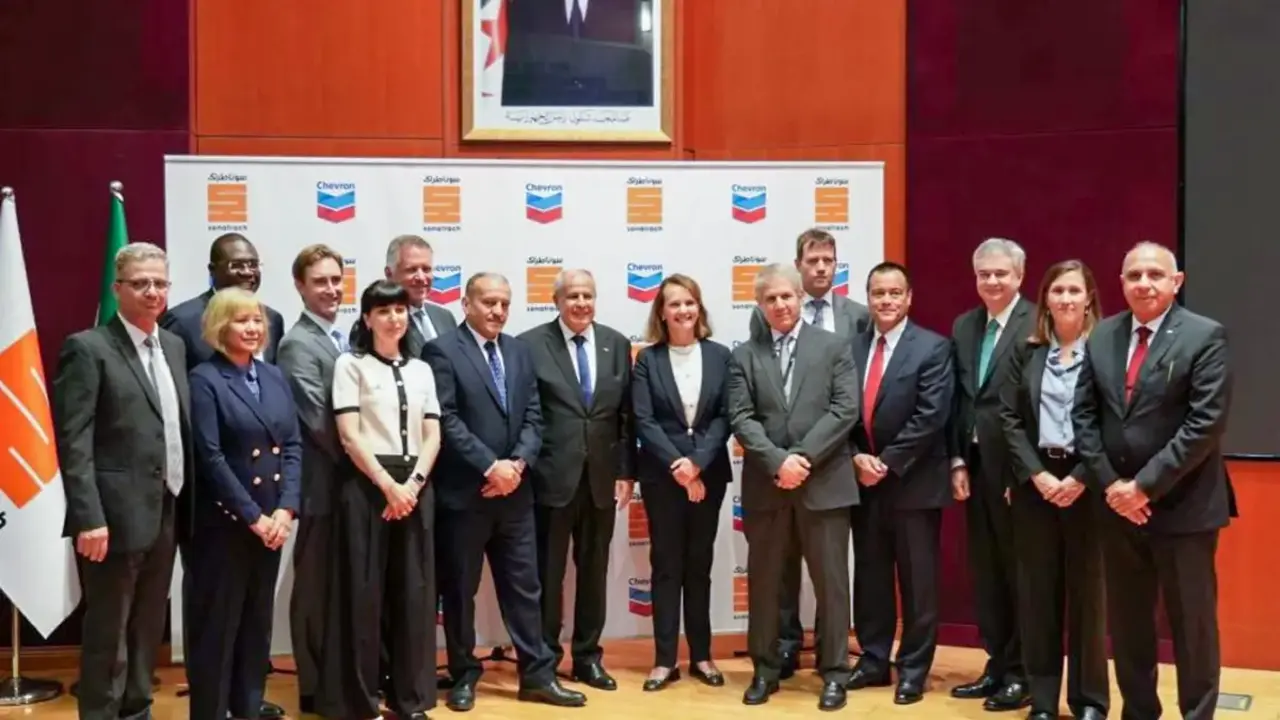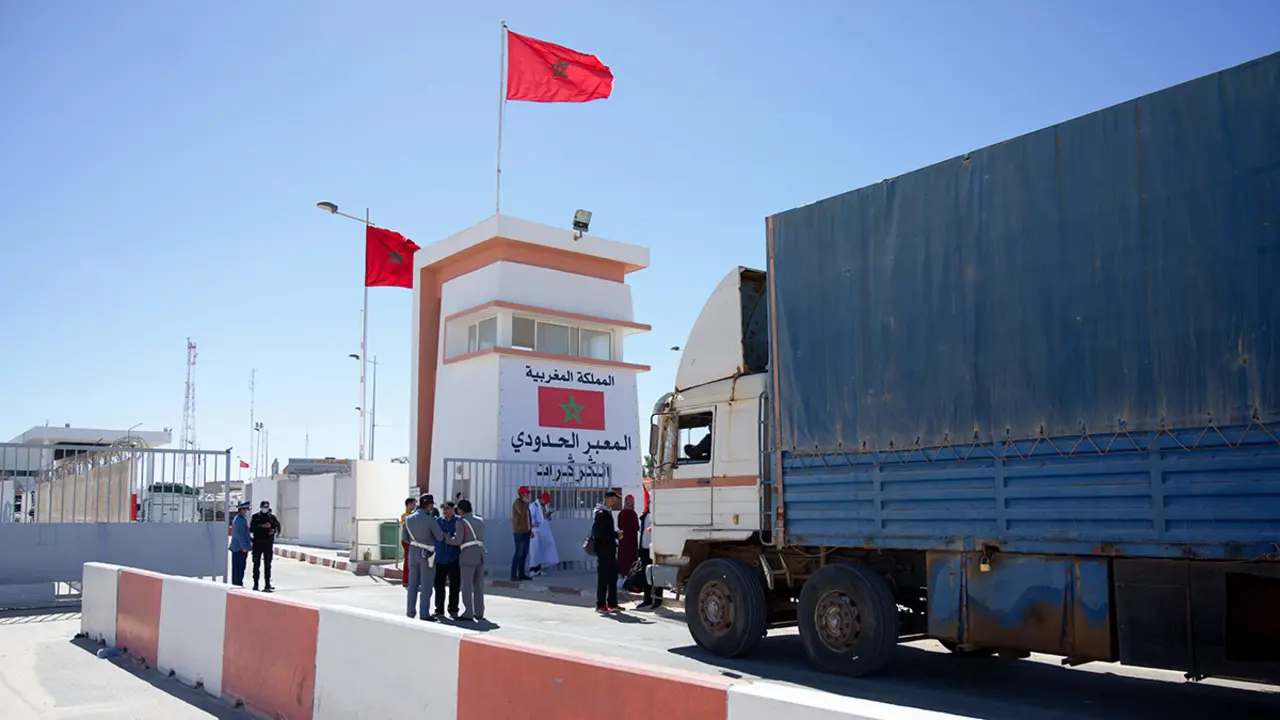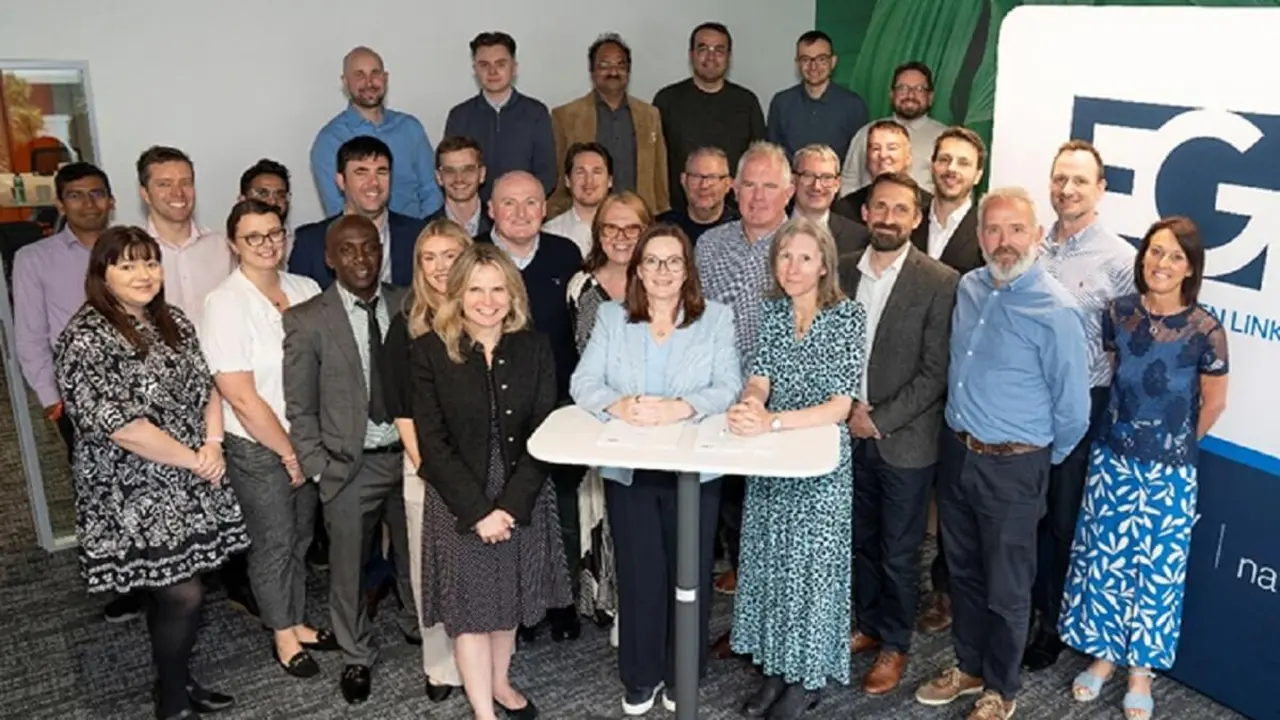Marruecos desarrolla su propio kit de diagnóstico de la COVID-19

The MAScIR Foundation, a research and development institution based in Rabat (Morocco), has designed the country's first COVID-19 diagnostic kit. The test was tested and validated by national (such as the Royal Armed Forces or the Rea Gendarmerie) and international laboratories (such as the Pasteur Institute in Paris), according to the Moroccan press agency MAP.
The MAScIR Foundation (Moroccan Foundation for Advanced Science, Innovation and Research) announced at the beginning of the health crisis caused by the COVID-19 that it was committed to developing a RT-PCR diagnostic test for this pathogen, which has the characteristics of being specific, very sensitive, reliable and has a reasonable cost, as indicated by the institution in a press release collected by MAP.
Once the tool had been developed in its medical biology laboratories, MAScIR subjected the test to a series of validation processes in biological and virological reference centres, both nationally and internationally, which proved its effectiveness and reliability, MAScIR stresses.
The Foundation has thanked the Royal Armed Forces, the Royal Gendarmerie, the National Institute of Hygiene and the CHU of Casablanca, which actively participated in the trials of the test developed, opening their laboratories in Rabat, Casablanca, Marrakech and Meknes, according to the note collected by MAP.

At the end of the trials, the test developed by MAScIR has obtained the validation of national and foreign authorized laboratories, in particular of the Royal Armed Forces and the Royal Gendarmerie, as well as the Pasteur Institute in Paris, thus placing it at the same level as the tests used internationally, indicates the press release issued by the foundation.
Morocco's response to COVID-19 has been praised by the European Union for its speed and efficiency. On 13 March the borders were closed and entry or exit from the country prevented, even nationals abroad were not allowed to return. On 19 March a state of emergency was declared, which has been extended until 10 June.
The Moroccan authorities have bet on innovation during the pandemic, according to a recent publication by the Oxford Business Group consulting company. During this time up to 400,000 new jobs have been created. The textile sector, which employs 185,000 people and represents 15% of the industrial GDP, has been used to make masks. The goal was to reach a production of five million units in mid-April.

Along with increased production, researchers have developed locally produced health care solutions. Soon after confinement was imposed, the International University of Rabat began producing and distributing masks to hospitals, as well as working on developing a more durable type of mask. In April, a group of Moroccan engineers from the Mohammed VI Polytechnic University announced the development of two "100% Moroccan" devices: an artificial respirator and an infra-red thermometer.
Innovative digital approaches have also played an important role, particularly with regard to information exchange. On 30 March, the Ministry of Health launched an application to enable doctors and medical staff to share strategies and technical knowledge. In parallel, engineers, entrepreneurs and technicians have launched a digital platform called Ingénierie VS COVID19MAROC (Engineering vs. Covid-19, Morocco), aimed at sharing knowledge and supporting key workers with innovative engineering. Finally, the French-Moroccan company Dakibot has recently made available a free chatbot that provides automatic answers in Moroccan Arabic to questions related to the coronavirus.
The Ministry of Education has established an e-learning platform to ensure that students are able to continue their education, although many still have difficulty accessing these resources. In response to these concerns, public television and radio are also programming content for students. To facilitate trade, customs procedures can now be handled online through PortNet, a one-stop shop for foreign trade procedures.








